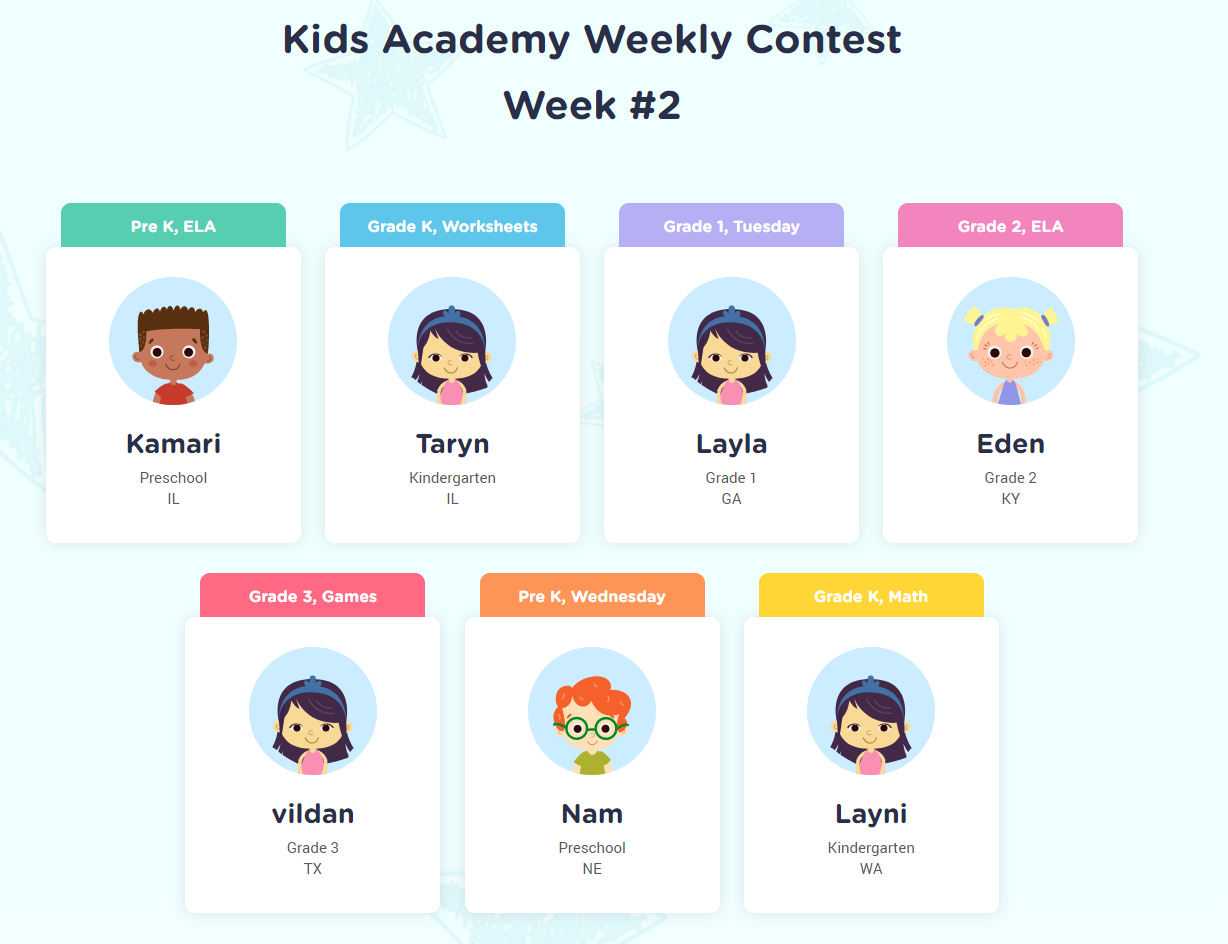Vocabulary Building Normal Grade 1 Science Worksheets
7 filtered results
-
From - To
Enhance your child's science vocabulary with our engaging Grade 1 worksheets! At Kids Academy, we provide meticulously crafted printable worksheets that make learning fun and effective. Using easily understandable language and interactive exercises, these worksheets help first graders grasp essential scientific concepts while expanding their vocabulary. From plant life to weather phenomena, our materials cover a broad range of topics designed to keep young learners curious and motivated. With visually appealing illustrations and age-appropriate content, our High Grade 1 Science Vocabulary Building Worksheets create a solid foundation for future scientific studies and fuel a lifelong love for learning.
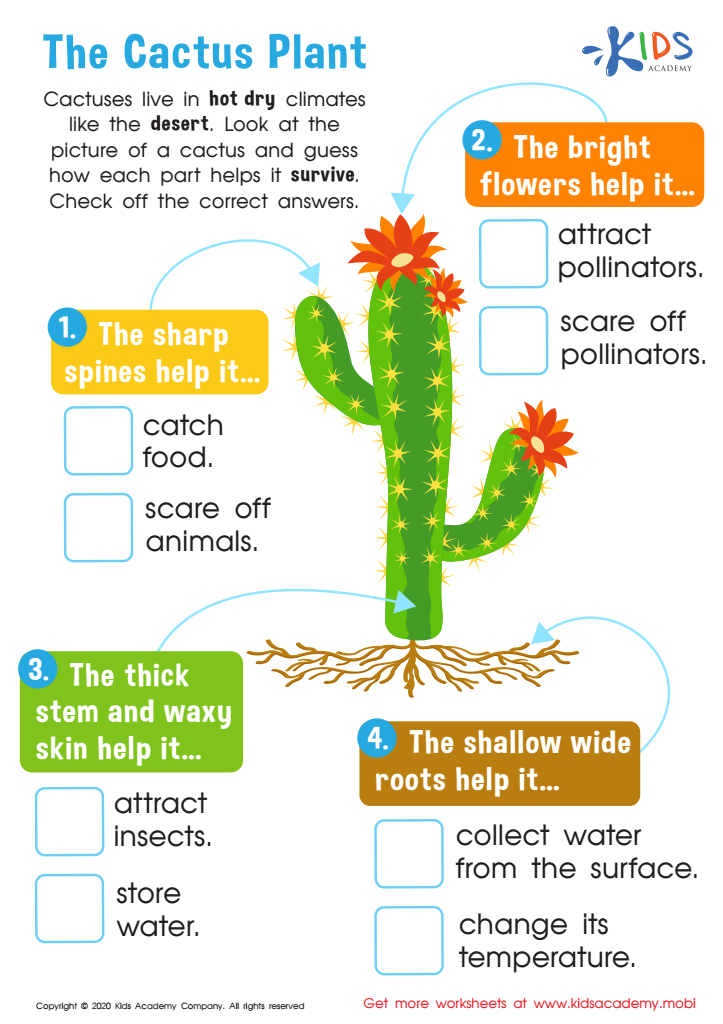

The Cactus Plant Worksheet
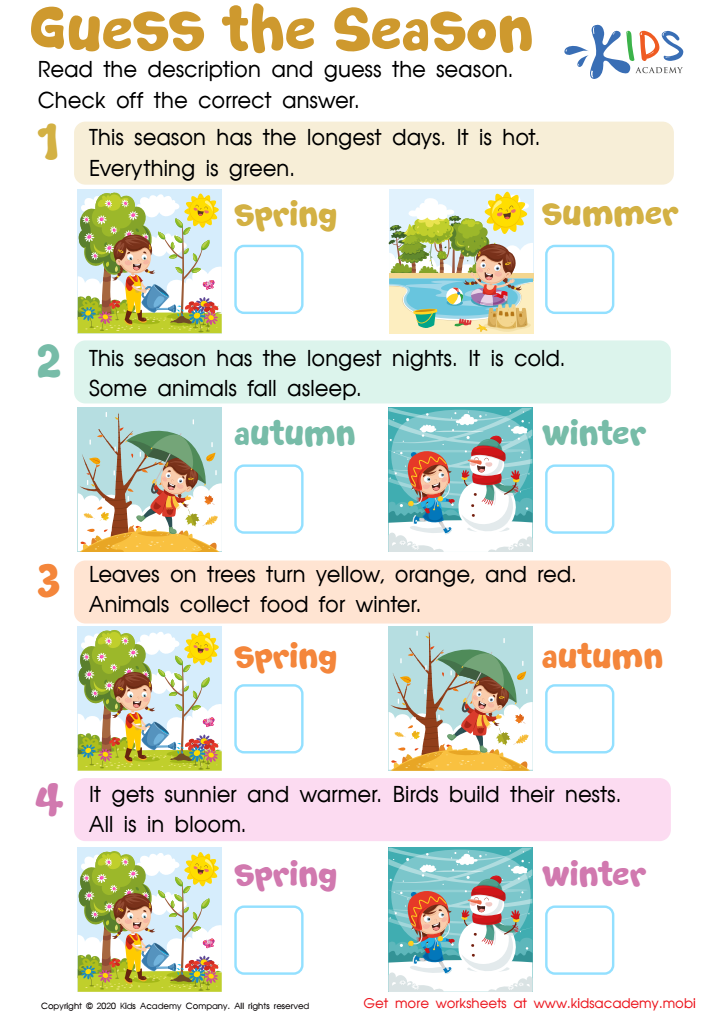

Guess the Season Worksheet
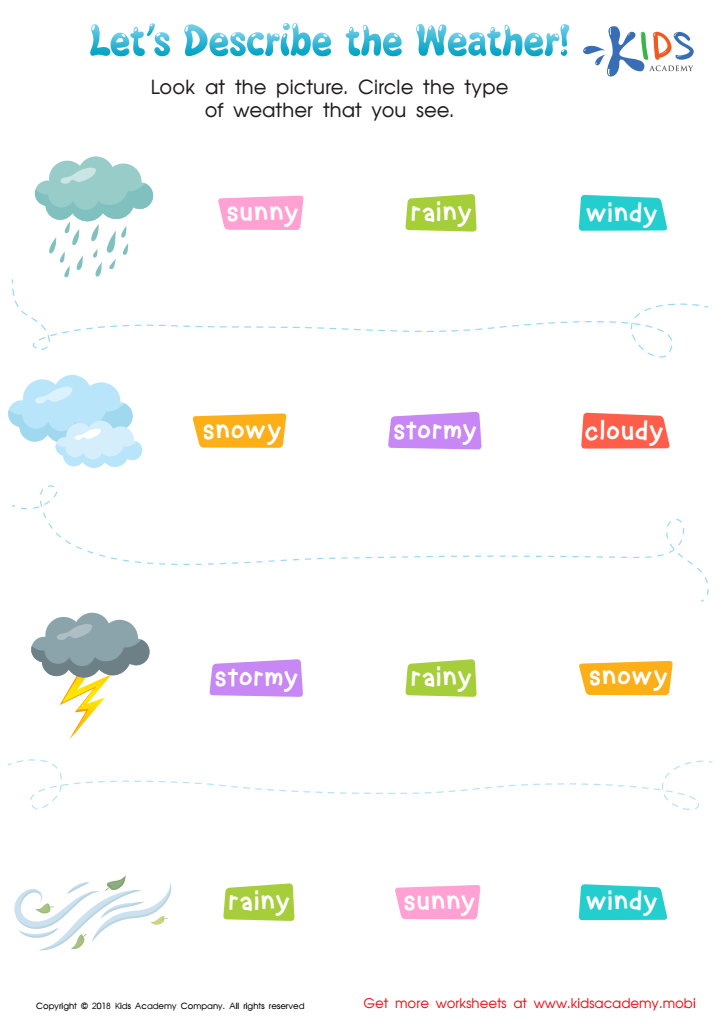

Let's Describe the Weather! Worksheet
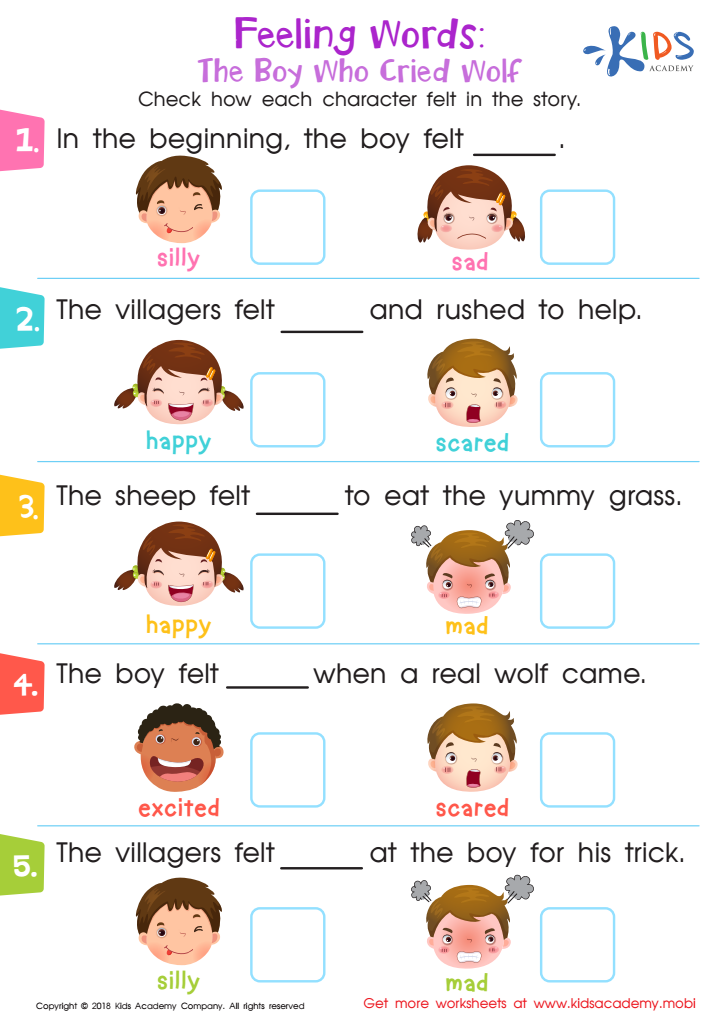

Feeling Words: The Boy Who Cried Wolf Worksheet
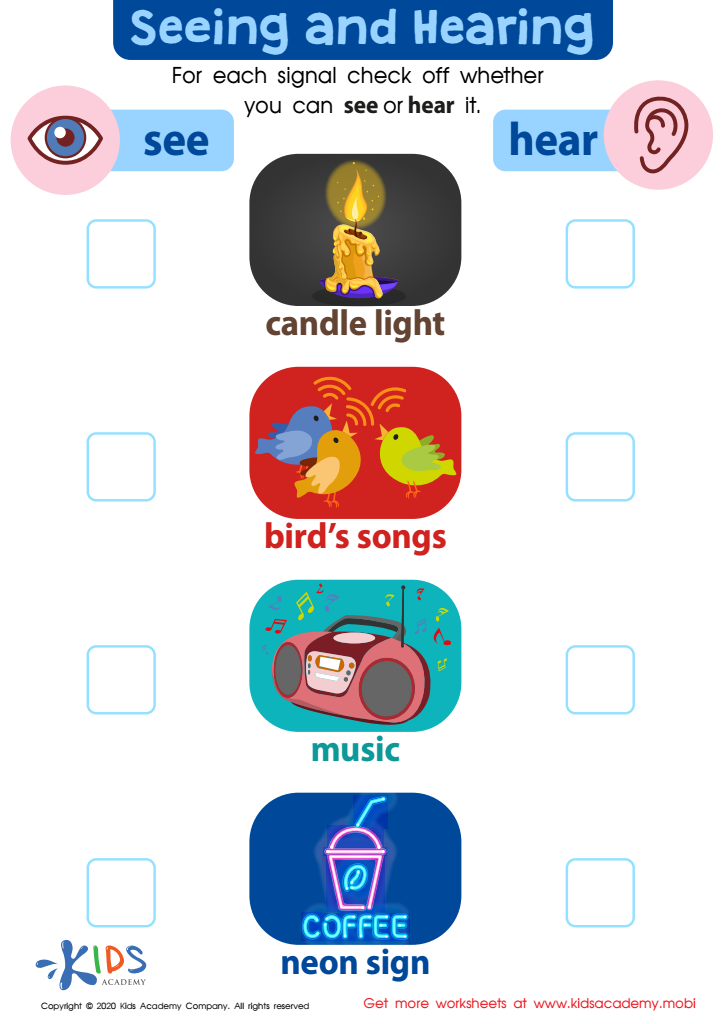

Seeing and Hearing Worksheet
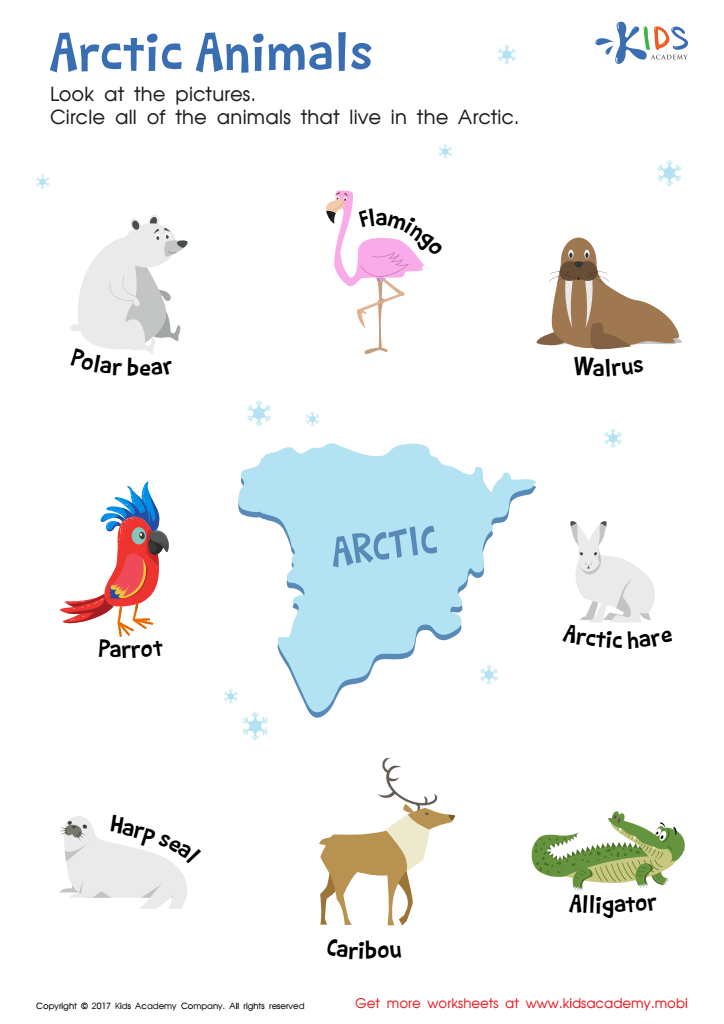

Arctic Animals Worksheet
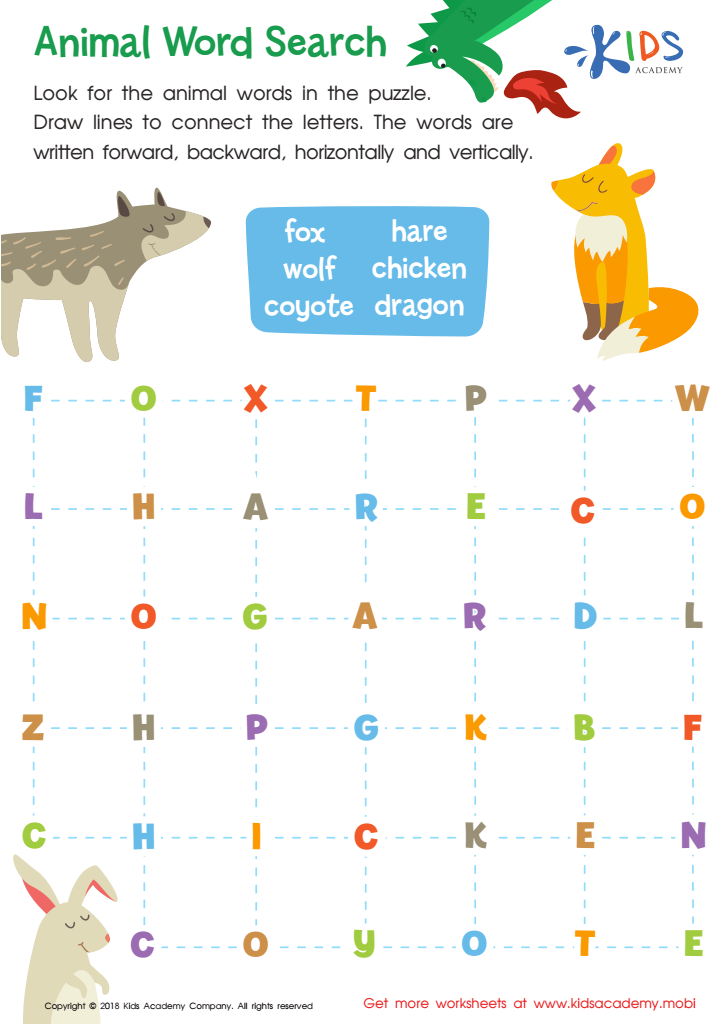

Animal Word Search Worksheet
Vocabulary building in grade 1 science is crucial because it lays the foundation for future academic success and cognitive development. At this early stage, children are naturally curious about the world around them. Introducing scientific terms enhances their ability to communicate and understand complex concepts as they grow. When children grasp the vocabulary specific to science, such as "observe," "classify," "experiment," and various names of everyday objects and phenomena, they become better equipped to explore, question, and learn.
Engaging with scientific vocabulary helps in bridging everyday language with academic language, making abstract concepts more tangible. This can demystify science, making it more approachable and less intimidating for young minds. Furthermore, science vocabulary development supports overall language acquisition by increasing a child's word bank and comprehension skills, which are transferable to other subjects.
Parents and teachers who prioritize vocabulary building in science nurture a child's curiosity and propensity for critical thinking. They equip children with the tools to participate in discussions, comprehend reading materials, and perform in assessments throughout their educational journey. By fostering a strong vocabulary, they set the stage for lifelong learning and a greater appreciation of the natural world.

 Assign to My Students
Assign to My Students



